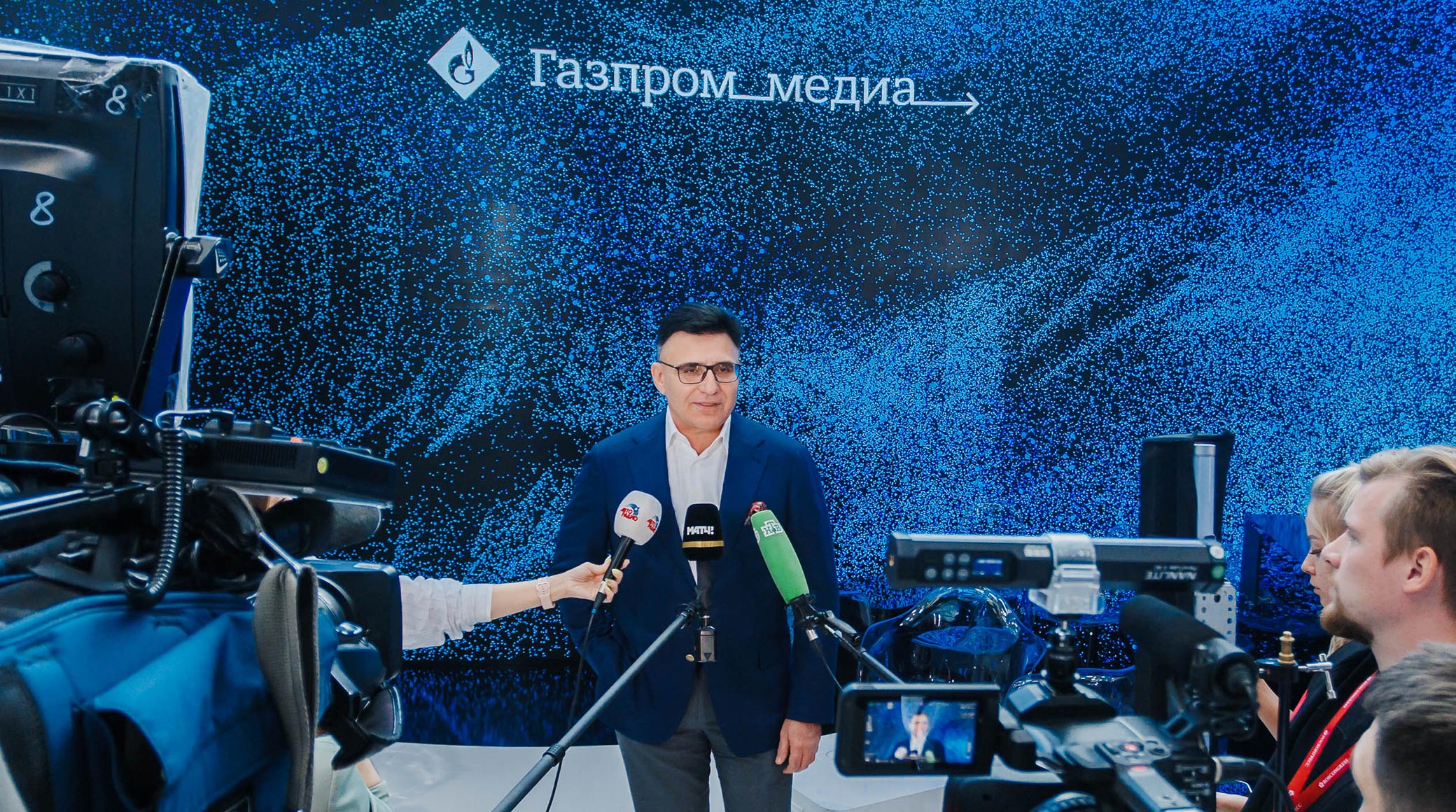At the 25th St. Petersburg International Economic Forum, a panel session was held on the topic “Digital Ethics and Traditional Values in the Global Entertainment and Media Industry. Digital psychology in the context of new media ethics”. It was moderated by Aleksandr Zharov, CEO of Gazprom-Media Holding.
During the session, the CEO of Gazprom-Media Holding raised topical issues related to digital space regulation, and in particular, how ethically brands act when they manipulate users’ minds in pursuit of economic performance, and also learned speakers’ opinion on how entertainment industry can work with meanings and their communication to generations Z and Alpha.
Dark Patterns and Digital Space Regulation: Digital Ethics Issues Discussed at SPIEF

The speakers immediately came to a common opinion that the terms “sincerity” and “ethics” are not something new, and the issue is their mutation under the influence of digitalization. Anna Podpryatova emphasized that new ethics has become a kind of support for a generation of zoomers in an attempt to identify themselves, and now a person is trying to comprehend the flow of content, is experiencing anxiety, then, in an attempt to find support, is joining various radical groups on the media.
Rustam Sagdatulin, Director of Regional Public Center for Internet Technologies, spoke about the results of the latest research conducted by the company and dedicated to mechanisms and tools of manipulative influence – brands manipulate consciousness with the help of dark patterns, since their activities are based on the financial component. The speaker noted that these tools are aimed at ensuring that the user spends as much money as possible, and companies, in turn, are able to collect maximum personal data from him, which can then be used for personal gain. Sagdatulin said the concept of fight for a user’s attention is an important aspect.
Part of discussion was devoted to influencer marketing. Participants noted that, despite still rather high budgets in this area, certain changes are observed. Aleksey Firsov said that due to open commercialization of bloggers, users trust them less and consider them dependent either on a particular brand or on the state.
As a result of the discussion, speakers came to the conclusion that the group that is most affected by such mechanisms is the most vulnerable part of society, namely children. Aleksandr Bugaev stressed that digital hygiene should come to the world of children along with digital ethics, but it is wrong to close completely and limit the digital world for children. It is necessary that all participants in the modern media space come to a consensus in order to create a friendly Internet environment from which you can get the maximum benefit for realization of the children’s creative potential. Success can only be achieved by consolidating efforts of all parties, including the state. At the same time, one of the solutions may be a call to account for content makers and their education, which needs to be dealt with now.
The discussion was attended by Anton Gorelkin, Deputy Chairman of the Committee of the State Duma of the Federation Council of the Federal Assembly of the Russian Federation on Information Policy, Information Technologies and Communications; Elizaveta Belyakova, Chairman of the Alliance for the Protection of Children in the Digital Environment; Aleksandr Bugaev, First Deputy Minister of Education of the Russian Federation; Aleksey Firsov, founder of the Social Design Center Platforma; Rustam Sagdatulin, Director of the Regional Public Center for Internet Technologies (ROCIT); Anna Podpryatova, Director of Digital Media and Promotion, National Research University Higher School of Economics; Yulia Ablets, Deputy General Director of ANO “Dialog Regions”; Marina Krasnova, General Director of VKontakte; Petr Ivanov, FAS Deputy Head, and Olga Binda, Deputy Editor-in-Chief, Russian Agency for Legal and Judicial Information (RAPSI).